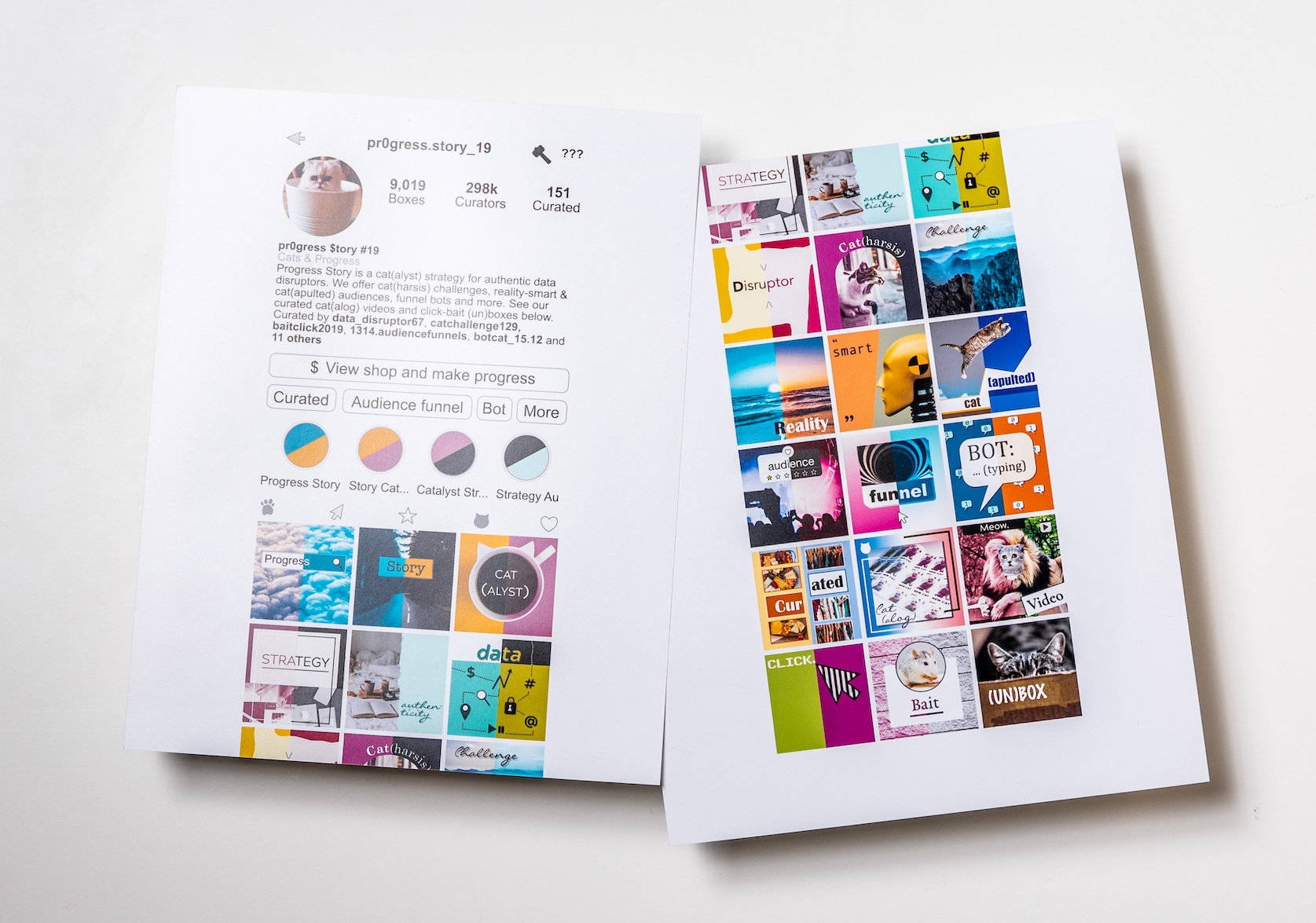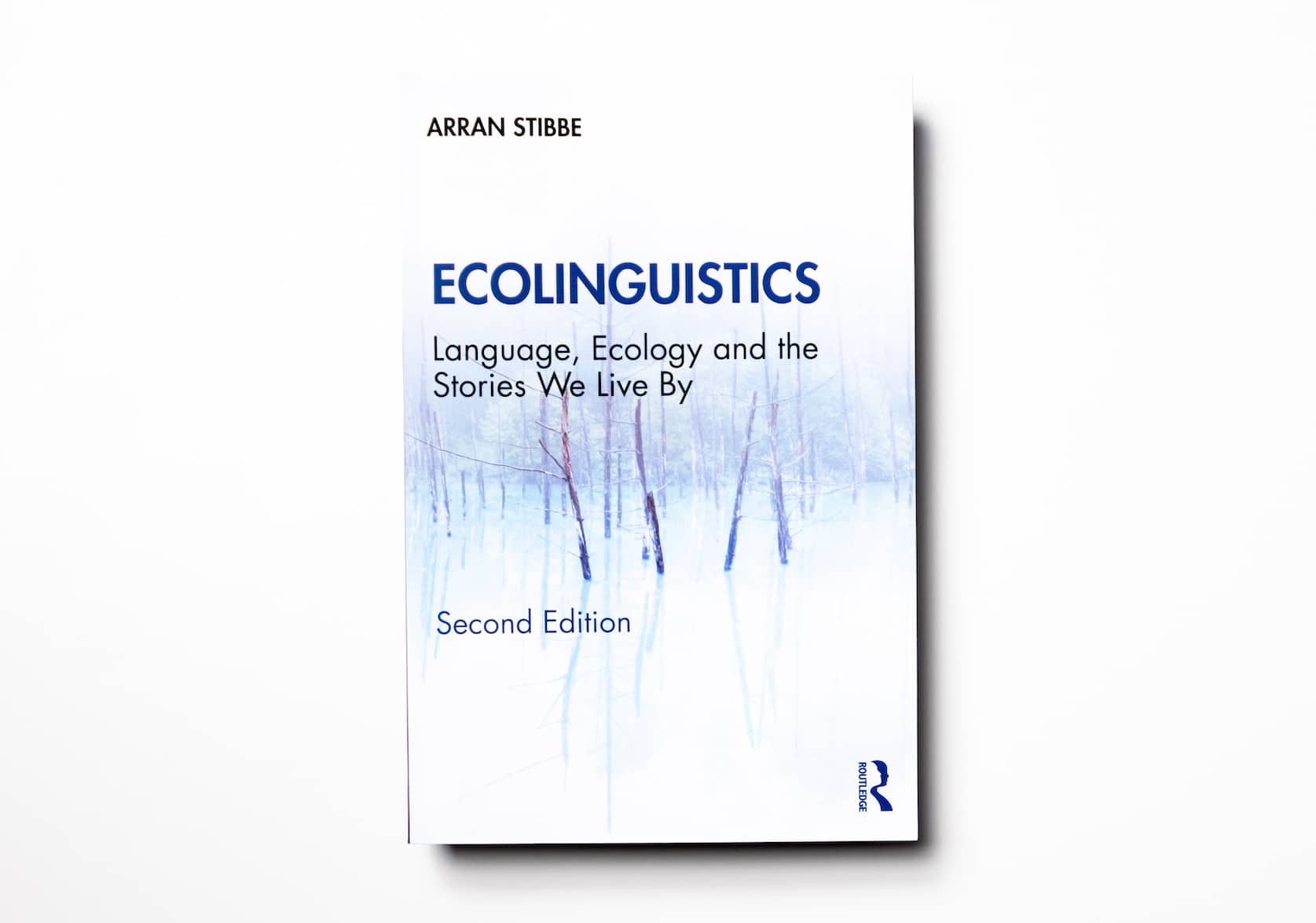Exploring the nature of language gives us infinite possibilities to be amazed – there is just so much to discover! Language is fundamental to so many aspects of arts & letters: it’s an essential aspect of books, writing, letters, play scripts, poems, public debate and discourse, newspapers and magazines… just like paper, language is a sort of “raw material” for arts & letters. Where paper is the tangible element, language is the (often invisible) thing that brings the paper to life. There are of course visible aspects to language too (for example when we look up the spelling and meaning of a word in the dictionary or when we learn a new writing system), but language is so much more than that. It’s a vast system with many subtle, invisible aspects that are often taken for granted and rarely discussed outright in non-academic settings. For example, how does language shape our thoughts and our society? We may rarely actively question whether words in different languages are related, how our language sounded a thousand years ago or what the origin of a specific word is – however, we at YW believe we should.
That’s what we mean by LANGUAGE:
With LANGUAGE, we don’t just mean learning different languages, but rather taking a look at language as a complex system, the way it is studied in a field called linguistics. We want to help people become more conscious about the power of language and to explore this topic that is so vital to our society. The YW theme of LANGUAGE covers aspects of linguistics, communication studies and translation.
We are building an arts & letters directory
Language is probably the most unusual theme of the nine. We want to help you notice how language shapes everything in our world. We want you to discover the many fascinating aspects about language: how it changes, how it is strategically used by different groups of people for different purposes, how it is employed to influence us. We want to showcase the important work of linguists and researchers. We want to give you ideas for interesting speakers to listen to and interesting books to read which showcase the impact language has on our everyday lives. And we want to help you find resources and shops for all your language learning needs.
While our directory is only just getting started, this is what we have planned for the theme of LANGUAGE:
How to add your organization to the Young W directory
Are you a linguist, language museum, grammar hotline, language learning resource, researcher or any other organization which fits into one of the categories above? Check out the Get Involved page for details about how to get your organization added to the directory.
We sell non-fiction books about linguistics and language-inspired art.





